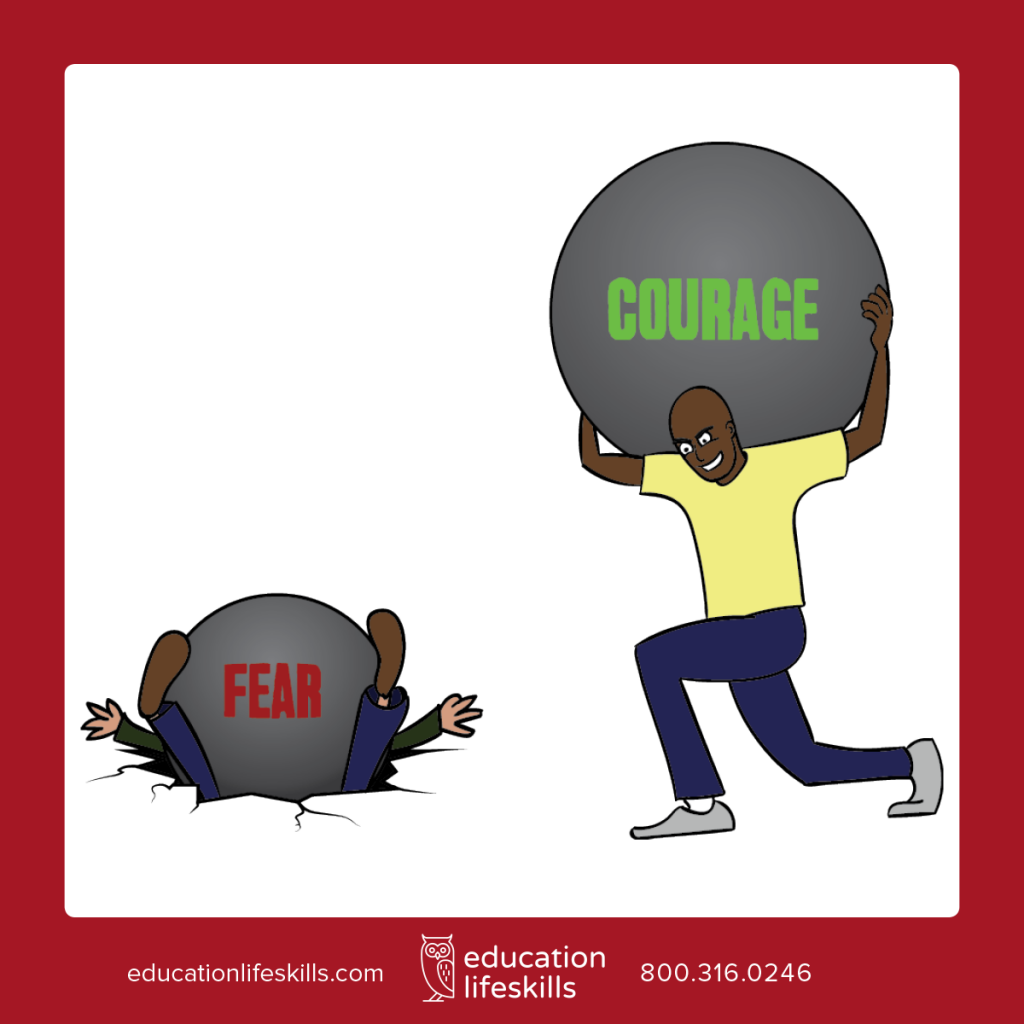How familiar does this sentiment sound? Kids nowadays, they just seem so fragile and lack the grit and resilience of predecessors. What happened? Some may say, “Kids are too coddled” (maybe). Others may say, “The education system (K-12) doesn’t prepare students enough for college and the workforce.” We could list factors for days, but let’s look into two main factors and — most importantly — a solution.
After Effects of the Economic Recession:
Although the economic recession was almost a decade ago, the effects of losing jobs, homes, retirement, and lifestyle changes are partly seen on the current generation of high schoolers. Parents are extra sensitive to making sure their children have the perfect resume for college applications and thus can become overbearing and coddling. Thoughts such as, “Is my kid taking advantage of every opportunity, sports, music, volunteer gig?” are constantly on their mind. As parents perceive an ever-increasing competitive landscape and the margin for error appearing limited, they “take over” for their kids. This has only encouraged more parents to follow suit due to the perceived competitive landscape. The pressure to have a picture-perfect resume can become overwhelming and cause anxiety in not only the parent but also the child. That being said, who can really blame parents for being excessively-concerned for their children? Losing jobs, homes, and security due to the recession can cause such anxiety.
What Do You Mean I Need to be More Resilient?
When a student is told, “You need to be more resilient,” what exactly does that mean? Does that mean, grow a backbone, suck it up, or simply not to take criticism personally? Oftentimes, the case is the latter, but because students often see the word resilient as a synonym for strength, they therefore feel that lacking resilience is a sign of weakness. Students are dealing with increasing prospective college tuition fees, increasing competition, and — unlike previous generations — pressures from social media. Add to the fact that high schoolers are developing their communication skills, the message, “You need to be more resilient” leads to even more inner-turmoil.
The Solution? Positive Thinking Skills.
Let’s face it, academic, extracurricular, and social pressures are at an all-time high. Thus we need to provide a more mentor-like role in assisting kids to alleviate these issues. Simply saying, “Be more resilient, or toughen up” isn’t going to cut it — kids already hear enough words on social media anyway. Instead, spend time with the kids to learn how to alleviate the stress of demanding classes and tests, the hurtful comments left on their Facebook wall, or simply not feeling good enough.
With these issues in mind, Education Lifeskills has created a Positive Thinking Skills course that help students successfully navigate their teenage years into adulthood. The course addresses many common thinking errors associated with anger, low self-esteem, and self-justification.


